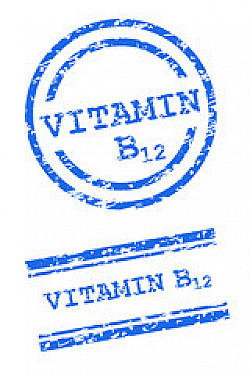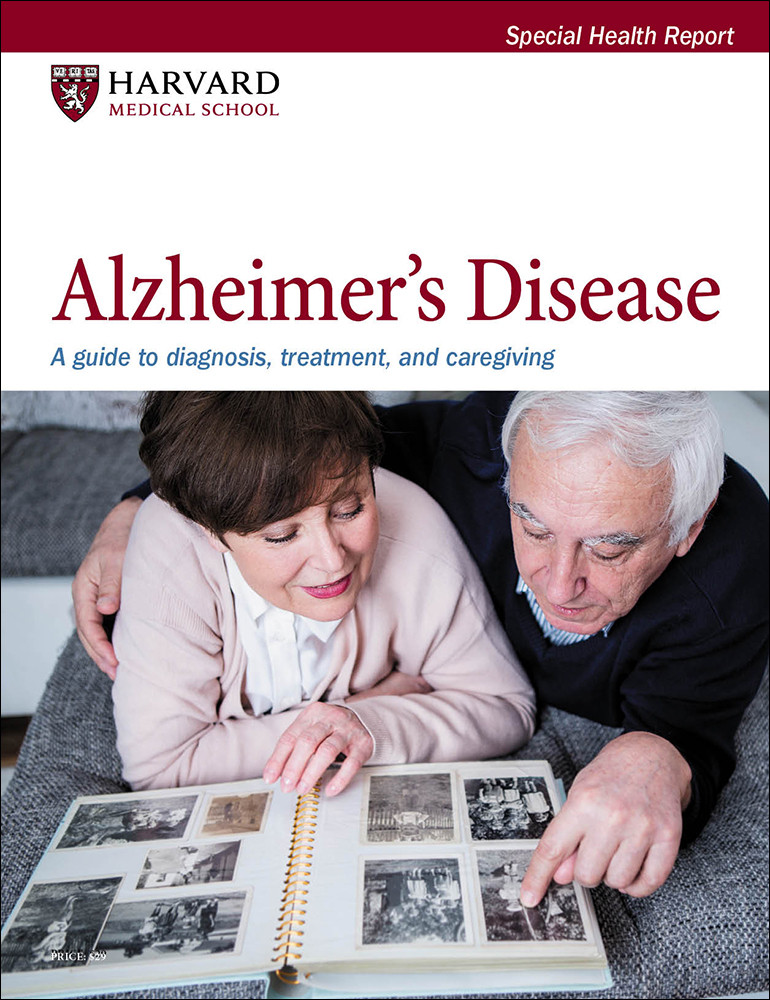Can these foods lower your dementia risk?
News briefs
- Reviewed by Anthony L. Komaroff, MD, Editor in Chief, Harvard Health Letter; Editorial Advisory Board Member, Harvard Health Publishing

You get more than a tasty treat when you bite into juicy berries or sunny yellow peppers. You also get flavonoids — powerful plant chemicals found in many fruits and vegetables. A large study published online Sept. 18, 2024, by JAMA Network Open links flavonoid consumption to reduced dementia risk. Researchers identified more than 121,000 people without dementia (ages 40 to 70) in the United Kingdom and followed them for about nine years. The scientists analyzed participants' health and diet information, including how many types of flavonoid-rich foods and drinks they said they consumed daily, such as black or green tea, apples, berries, grapes, oranges, onions, peppers, dark chocolate, and red wine. People who ate the most flavonoid-rich foods — six servings per day — had a 28% lower risk of developing dementia during the study period, compared to those who ate the least. The link was especially strong among people with high blood pressure, depression, or a high genetic risk for dementia, as well as people who consumed at least two of the following each day: half a serving of berries, five cups of tea, or a glass of red wine. While the study is observational and can't prove definitively that flavonoid-rich foods keep your thinking and memory sharp, the evidence reinforces a similar finding reported by Harvard researchers in 2021.
Image: © Enrique Díaz/Getty Images
About the Author

Heidi Godman, Managing Director
About the Reviewer

Anthony L. Komaroff, MD, Editor in Chief, Harvard Health Letter; Editorial Advisory Board Member, Harvard Health Publishing
Disclaimer:
As a service to our readers, Harvard Health Publishing provides access to our library of archived content. Please note the date of last review or update on all articles.
No content on this site, regardless of date, should ever be used as a substitute for direct medical advice from your doctor or other qualified clinician.
















